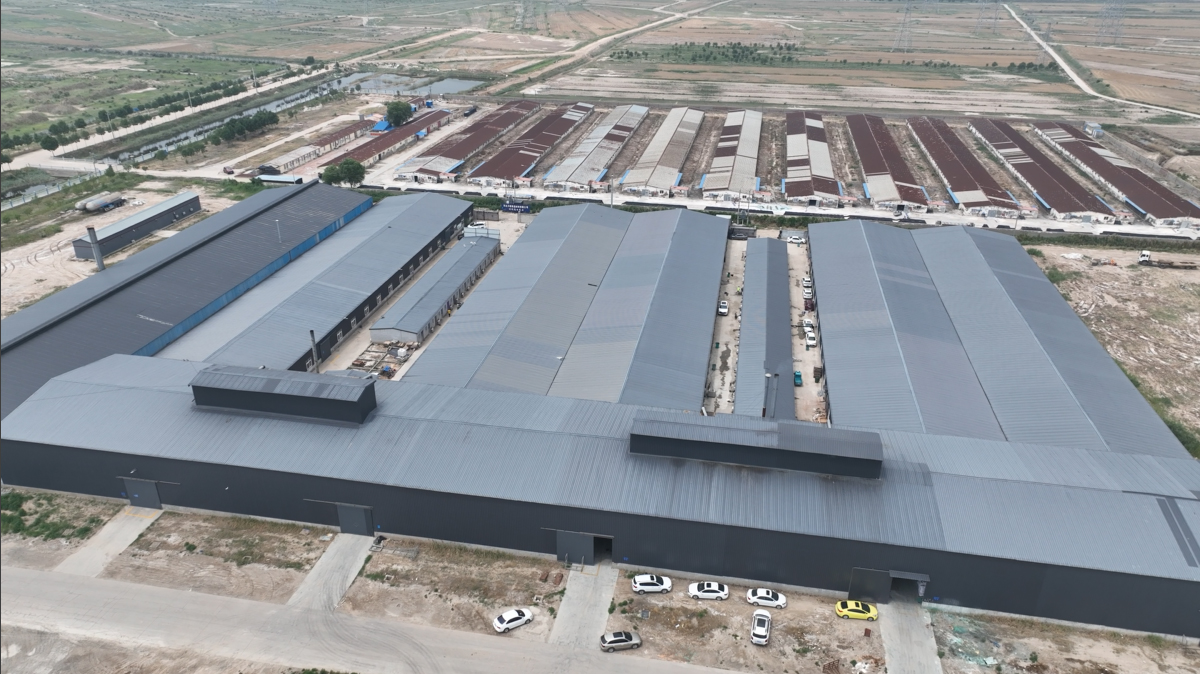10 月 . 11, 2023 17:52 Back to list
Understanding the Technical Parameters of Fiberglass Mesh for Optimal Performance
Introduction:
Fiberglass mesh is a versatile material widely used in construction, automotive, and other industries for its strength, flexibility, and durability. To ensure the successful application of fiberglass mesh in various projects, it is crucial to understand its technical parameters. In this blog, we will delve into the essential aspects of fiberglass mesh and shed light on its technical specifications for optimal performance.

- Fiberglass Mesh Weight:
The weight of fiberglass mesh refers to the mass of the material per square meter. It is an essential parameter that directly affects its strength and stability. The weight can vary from 45g/m2 to 300g/m2, depending on the intended usage. Lighter-weight meshes are suitable for wall insulation and basic plaster applications, while heavy-weight meshes are ideal for reinforcing concrete and preventing cracks.
- Mesh Size:
The mesh size of fiberglass mesh determines the spaces between its woven strands. Commonly available sizes include 4x4mm, 5x5mm, and 10x10mm. Finer mesh sizes provide better coverage and improved resistance against cracks, making them suitable for intricate surfaces or high-stress areas. Coarser meshes, on the other hand, are suitable for larger-scale projects where heavy-duty reinforcement is required.
- Weave Type:
The weave type refers to the pattern in which the fiberglass strands interlace, providing stability and structural integrity. The three main weave types available in fiberglass mesh are leno weave, plain weave, and twill weave. Each weave type offers distinct characteristics and properties to suit specific applications. Leno weave, for example, provides enhanced flexibility and crack resistance, making it ideal for irregular surfaces.
- Alkali Resistance:
Fiberglass mesh is subjected to various environments, including exposure to alkaline substances such as cement, plaster, or mortar. Therefore, ensuring its alkali resistance is crucial to maintain long-term performance. Look for fiberglass meshes treated with alkali-resistant coatings, ensuring their durability and preventing degradation when in contact with alkaline materials.
Conclusion:
By understanding the technical parameters of fiberglass mesh, professionals can select the appropriate product for their specific applications. Depending on factors such as weight, mesh size, weave type, and alkali resistance, the fiberglass mesh will offer reliable reinforcement and contribute to the overall quality and longevity of the project. Whether it is for concrete reinforcement, plastering, or wall insulation, choosing the right fiberglass mesh will significantly enhance the performance and success of any construction project.
-
Why Fiberglass Mesh Tape Is the Contractor’s New Best FriendNewsOct.30,2024
-
The Role of Fiberglass Mesh Tape in Tile and Plaster ApplicationsNewsOct.30,2024
-
Humidity-Resistant & Mold-Preventive: Why Fiberglass Mesh Tape is Ideal for High-Moisture AreasNewsOct.30,2024
-
From Patching to Reinforcement: How Fiberglass Mesh Tape Is Changing the Face of ConstructionNewsOct.30,2024
-
Why Fiberglass Mesh Tape is the Sustainable Choice for Safer HomesNewsOct.30,2024
-
Save on Maintenance Costs with Fiberglass Mesh Reinforced StructuresNewsOct.25,2024


















